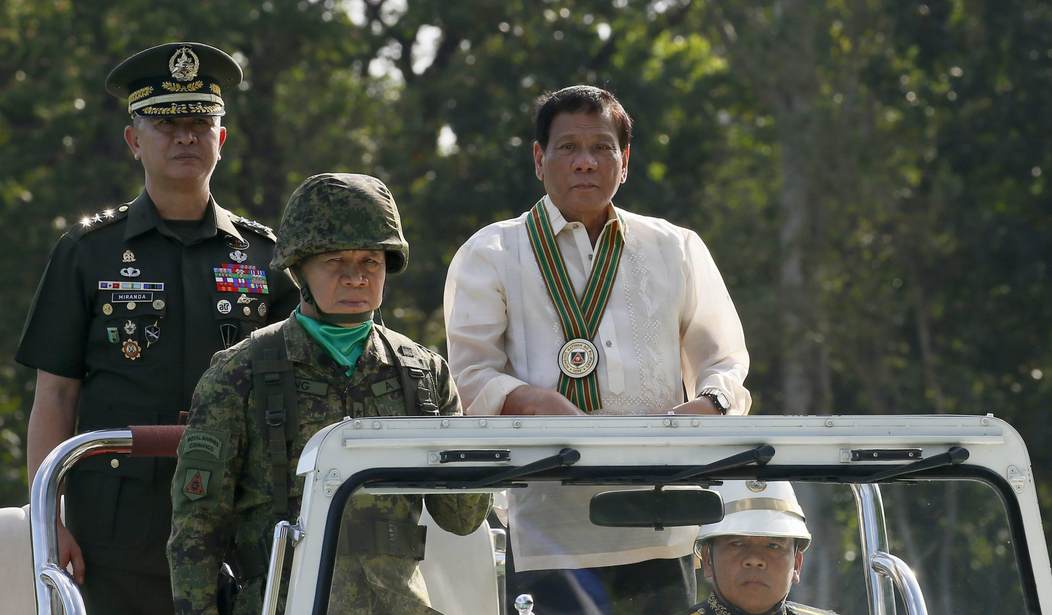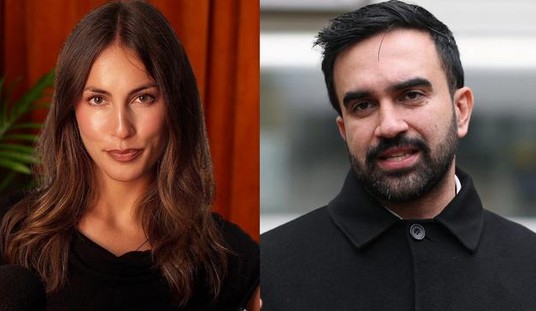WASHINGTON — The White House said late Saturday night that President Trump had a “very friendly conversation” with the Philippines leader who is accused of extrajudicial killings in his country and said last fall he would “be happy to slaughter” millions of drug addicts in a comparison of Hitler slaughtering millions of Jews.
In December, President Rodrigo Duterte said he had personally killed people he suspected to be criminals while mayor of Davao. One of his ministers claimed he was exaggerating for effect, but in August he said in a message to suspected drug dealers, “My order is shoot to kill you. I don’t care about human rights, you better believe me.”
The White House said the two leaders “discussed the concerns of the Association of Southeast Asian Nations (ASEAN) regarding regional security, including the threat posed by North Korea.”
“They also discussed the fact that the Philippine government is fighting very hard to rid its country of drugs, a scourge that affects many countries throughout the world,” the readout of the call added. “President Trump enjoyed the conversation and said that he is looking forward to visiting the Philippines in November to participate in the East Asia Summit and the U.S.-ASEAN Summit.”
Trump also invited Duterte to the White House “to discuss the importance of the the United States-Philippines alliance, which is now heading in a very positive direction.”
Duterte said during a visit to China in October that the “only way” forward was to sever relations with the United States and draw closer to China and Russia. “America has lost now,” he told leaders in Beijing. “I’ve realigned myself in your ideological flow.”
“And maybe I will also go to Russia to talk to Putin and tell him that there are three of us against the world: China, Philippines and Russia,” he added.
In his relations with the last administration, Duterte called former U.S. Ambassador to the Philippines Philip Goldberg the “gay ambassador” of Secretary of State John Kerry and “the son of a whore,” and told President Obama “you can go to hell” but the EU “better choose purgatory.” He also called Pope Francis a “son of a whore,” blamed the Catholic Church for overpopulation, and accused Catholic clergy opposed to extrajudicial killings of being homosexual.
In February, retired police officer Arturo Lascanas testified during a Senate hearing in the Philippines that he killed “about 200” people as a member of Duterte’s “death squad” during the president’s time as mayor. He said journalists and political opponents were also targeted by the hit squad. This month, Lascanas fled the country upon being “advised that my life is really in danger.”
Edgar Matobato, who was a death squad lieutenant, told lawmakers that he was ordered not only to kill suspected criminals, but associates of Duterte’s political rivals. He also described young women suspected of dealing methamphetamine being tortured and raped by the government death squad before being killed. Matobato said he witnessed Duterte shoot and kill a National Bureau of Investigation agent after a traffic altercation. The government said both of the former officers are lying.
Last week, Matobato’s lawyer, Jude Sabio, submitted a 77-page complaint to the International Criminal Court asking that Duterte and 11 other Philippine officials be prosecuted at The Hague for the murder of 9,400 people through Duterte’s mayoral term and presidency.
On a State Department press call last week, Patrick Murphy, the deputy assistant secretary of state for Southeast Asia in the Bureau of East Asian and Pacific Affairs, noted “we have a drug problem here in the United States, so not only do we sympathize, but we want to work together in addressing the shared objectives of eliminating the scourge of illicit drugs.”
“And we can help the Philippines with drug rehabilitation, with the traffic and flow of narcotics across borders and the like,” Murphy said. “We, however, do have a very sustained and deep concern when elements of the drug war are operating outside the rule of law. The growing number of extrajudicial killings is troubling. This has been the focus of many voices inside the Philippines itself, whether it’s civil society, legislative figures, the church and other organizations, and of course internationally.”
“We have raised those concerns publicly and privately. And we will continue to do so. We are urging the Philippines to follow up on its commitment to investigate extrajudicial killings, whether they’re committed by law enforcement or of a vigilante nature.”
UN Ambassador Nikki Haley was asked at her January confirmation hearing before the Senate Foreign Relations Committee if Duterte’s sanctioning of extrajudicial killings violated human rights. “It does, yes,” Haley replied, adding she was “prepared to speak up on anything that goes against American values… we have always been the moral compass of the world and we need to continue to act out and vocalize that as we go forward.”
During Secretary of State Rex Tillerson’s January confirmation hearing, Sen. Marco Rubio (R-Fla.) grilled the nominee on Duterte’s actions. “In your view, is this the right way to conduct an anti-drug campaign?” Rubio asked.
Tillerson replied that “we need to ensure” the Philippines “stay an ally.” Of Duterte, he said he was “not going to rely on solely what I read in the newspapers” and wanted more confirmation that these killings were taking place.
“Well, one of the sources for that [6,200] number on the campaign, and its nature, is President Duterte himself, who openly brags about the people that are being shot and killed on the streets, who he has determined are drug dealers without any trial,” Rubio said. “So, if in fact he continues to brag about it, would that be reliable information that you would look at and say, OK, it’s happening?”
“If the facts are in fact supportive of those numbers and those actions, then I don’t think any of us would accept that as a proper way to deal with offenders, no matter how egregious the offenders may be,” Tillerson replied.









Join the conversation as a VIP Member